
 Instagram
Instagram
Is Cholesterol Good or Bad?


Related products
What’s covered?
We all want to be healthy. And anyone who's over 12 will probably know that living off KFC and Mcdonald's isn't good for us.
But is that to say that we should avoid fat at all costs? Should we make it like Jack Spratt and only eat lean?
This article will cover what fat does to our cholesterol and how you can use fat to make cholesterol work better for your body.
What Is Cholesterol?
It's important to know what cholesterol is before getting into which fats are or aren't bad for it.
It's a word that the media use a lot. Many believe that cholesterol is an indication of poor health and dietary habits. But the truth is that cholesterol can be beneficial or harmful to the body depending on the food source.
Cholesterol is a waxy substance found in every cell of the human body. We need cholesterol for several functions, including cell insulation, hormone making, absorbing vitamin D, and digesting food.
Despite what the media might say, cholesterol isn't always a bad thing. To find out more about this topic, read High Cholesterol - Symptoms, Causes & Levels.
HDL Vs LDL: Good Fat Vs Bad Fat
Not all cholesterol is the same. The two main types are HDL and LDL.
HDL is more colloquially known as "good cholesterol". This type has always been a part of our diet, and without it, we would become tired, weak, and very sick.
Why Is Too Much Cholesterol Bad?
Of course, we all need some cholesterol. If we didn't have any, our bodies wouldn't function as they should.
But, too much can also be damaging.
If you have a poor diet, fatty cholesterol deposits can build up in your blood vessels. You'll face many health complications when blood cannot move through your arteries because they're clogged up by cholesterol.
Good Fats
Some people refuse to eat things because they have "too much fat". But, there are good fats and bad fats.
The two most common types of good fats are polyunsaturated fat and monounsaturated fat.
All fat is made of hydrogen and carbon. Carbon can have four bounds.
At least one carbon atom has a double bond to another carbon and hydrogen with unsaturated fats.
The other carbons are bonded to two hydrogens and two carbons.
Polyunsaturated Fat
The fat molecules in polyunsaturated fats have more than one unconnected carbon bond. This type of fat helps to lower your LDL levels.
It also contributes to your body's manufacturing of vitamin E.
Polyunsaturated fats provide the body with vitamins that the body cannot produce; these include Omega 6 and Omega 3.
Some brilliant sources of polyunsaturated fats include walnuts, sunflower seeds, and fish. Notice how none of this food would strike most of us as "fatty". But, they do contain high levels of polyunsaturated fats, which are healthy for the body.
Monounsaturated Fat
The other type of good fat is monounsaturated fats.
Unlike polyunsaturated fats, these only have one unconnected carbon bond. Although both types of unsaturated fat are essential, they serve different purposes.
Monounsaturated fats have excellent anti-inflammatory problems- it lowers the oxidation rate. It helps us digest food smoothly and more naturally. And, of course, it can also help us feel less bloated after eating a delicious meal.
If you're looking for some excellent sources of monounsaturated fats, look for olive oil, avocado, almonds, or pumpkin seeds. These are foods that many would refer to as "oily" instead of "fatty". Most of these fats are naturally occurring and can benefit us if we consume them.
Bad Fat
But, not all fat is good. If you overeat junk food, you're probably eating bad fats. The two most common types of bad fats are trans fats and saturated fats.
Trans Fats
Trans fats, like unsaturated fats, also have a double carbon bond. But the difference is that in trans fats, there are two hydrogen atoms next to each other, connected to the bond.
This might sound trivial, but it has a significant impact on people who overeat.
Trans fats increase the LDL levels in your body- they clog up your arteries and increase the risk of a heart attack.
Mainly, these fats are formed through an industrial process that adds hydrogen to vegetable oil. This process gives you what's known as "partially hydrogenated oil", which is very high in trans fats.
If you wish to reduce your intake of trans fats, some foods to avoid include cake, popcorn, and deep-fried foods. There is some nuance here- a homemade fruitcake is very different from a shop-bought fudge cake.
But, generally, the foods that most of us agree are "unhealthy" usually contain high levels of trans fats.
Saturated Fat
The other type of bad fat is saturated fat. All carbon atoms are bonded to two carbon atoms and two hydrogen atoms with saturated fat.
Much like trans fats, saturated fat also increases levels of LDL.
Fatty meats are the most common sources of saturated fats. Think of foods such as burgers, sausages, or lard.
But, even if you're vegetarian, you still need to be careful with saturated fats. You can find it in foods such as chocolate and cheese.
Conclusion
"Are all fats bad for cholesterol?" is not as straightforward as it may appear.
Because, in a way, yes, all fat is bad for cholesterol.
But good fats are bad for bad cholesterol. And bad fats are bad for good cholesterol.
We recommend not worrying too much about the exact quantities of fat in everything you eat, but rather try to eat what you can with good fats: avocados, olive oil, seeds, fish, etc...
You can have your cholesterol levels checked with Welzo's at-home blood tests, click here to see or cholesterol test.
To learn more about cholesterol, see our information page here
For a full range of blood tests and medications, visit our Welzo Online Pharmacy Page. For more details, click here.


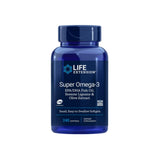
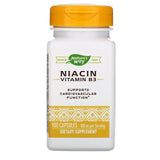
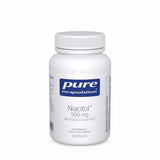


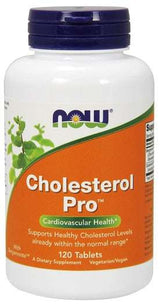
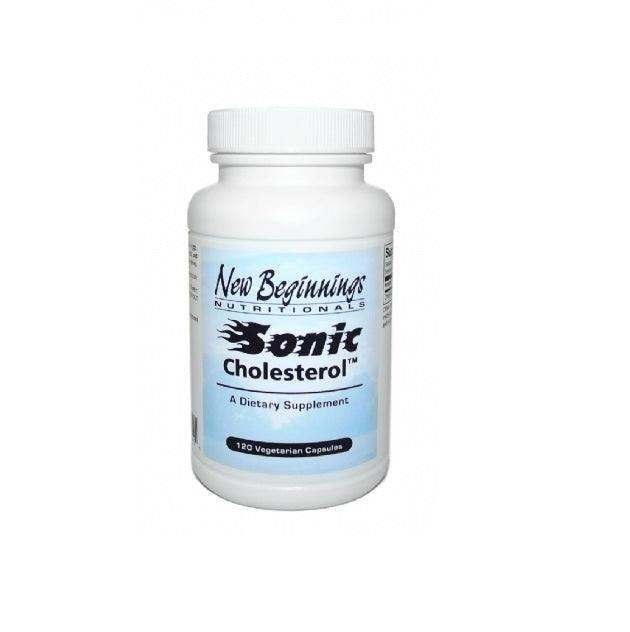
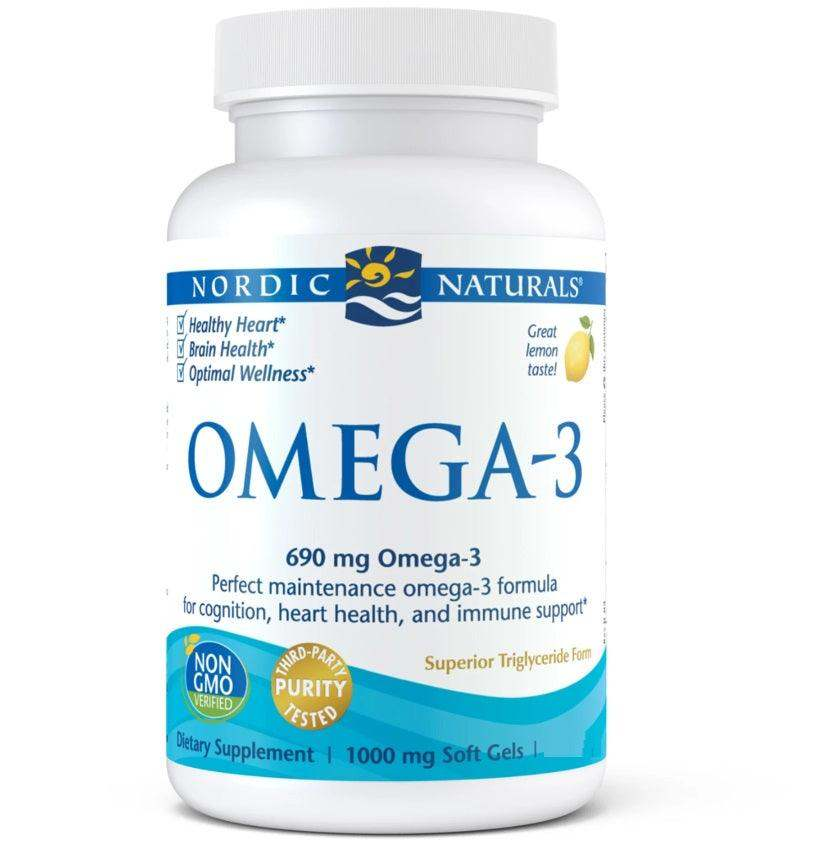
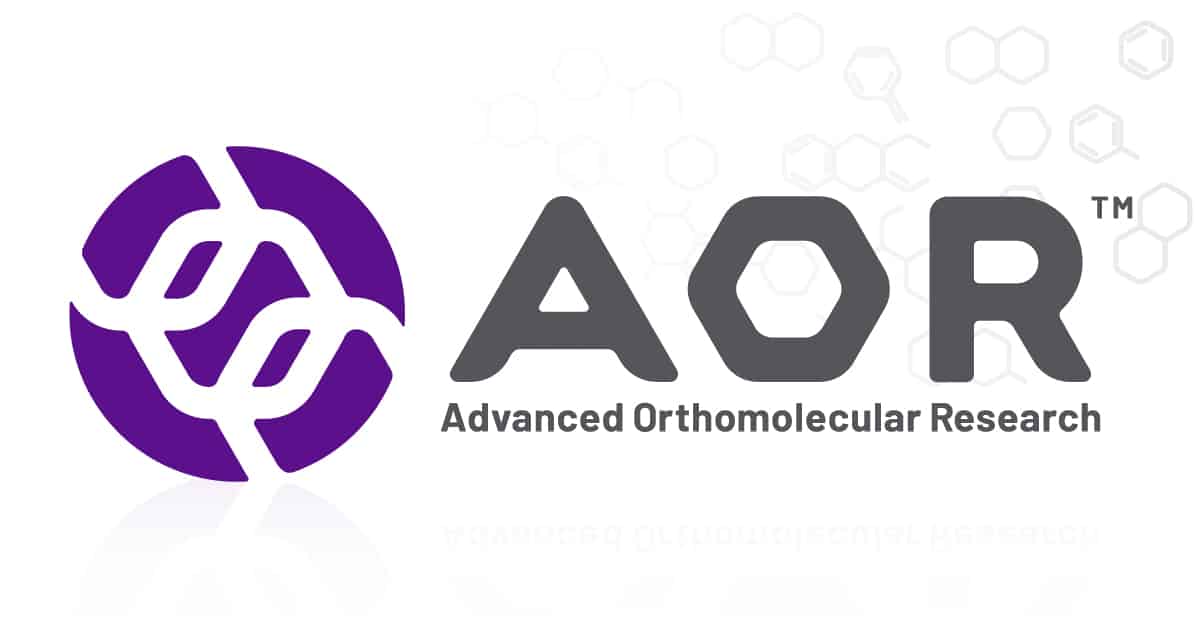
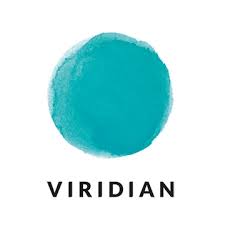
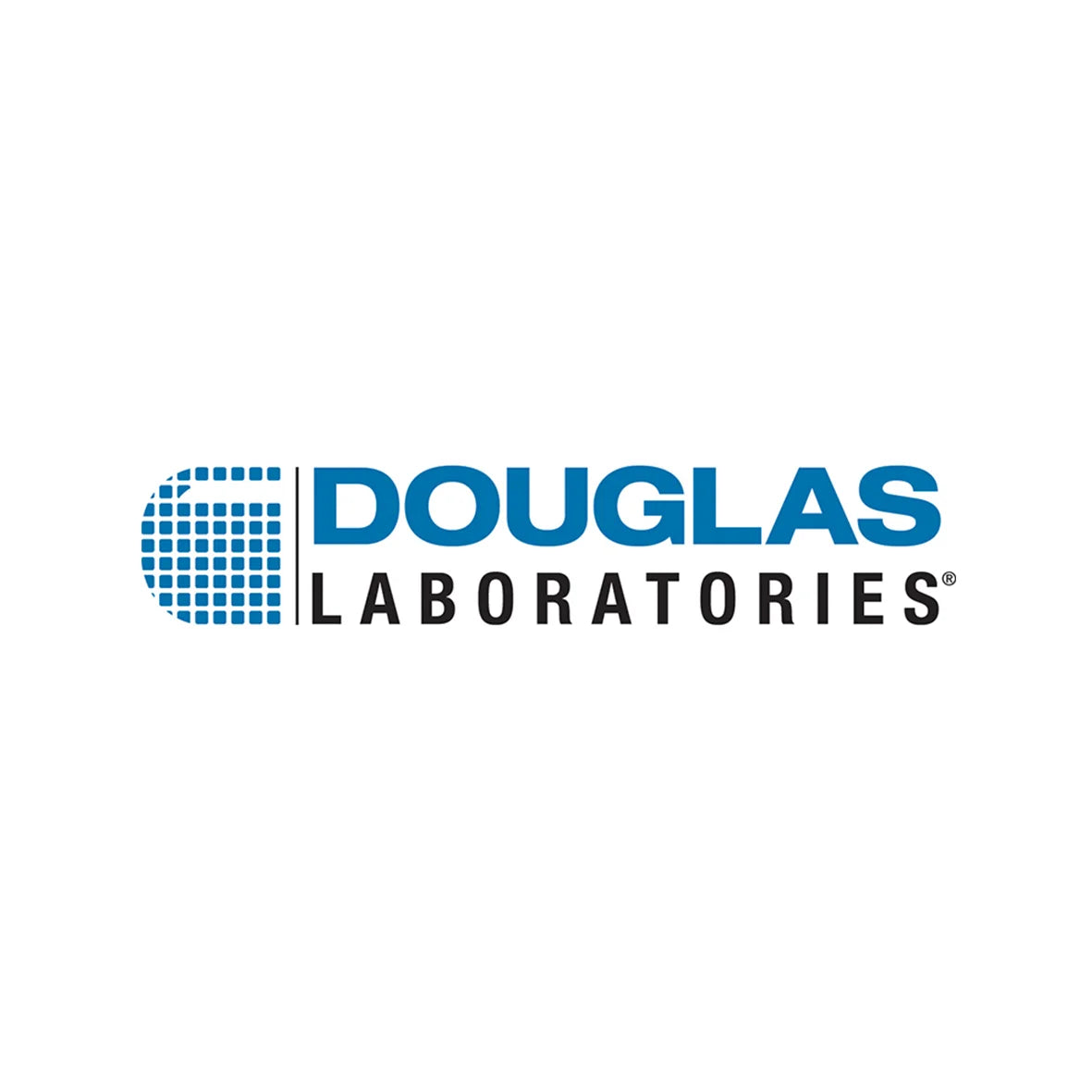

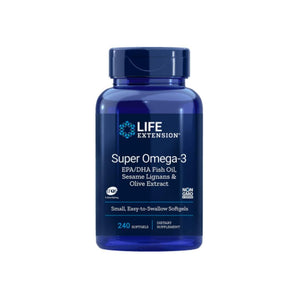
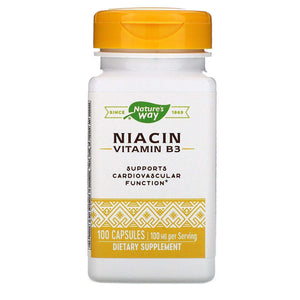
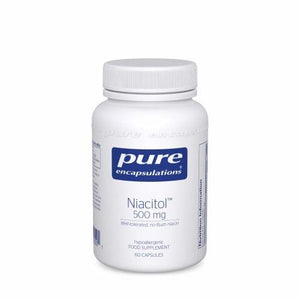


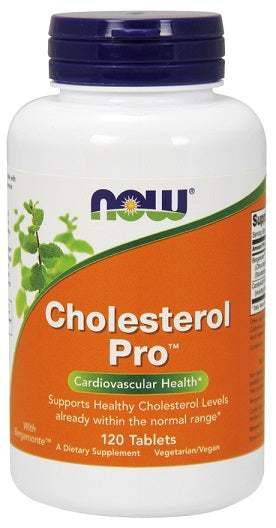
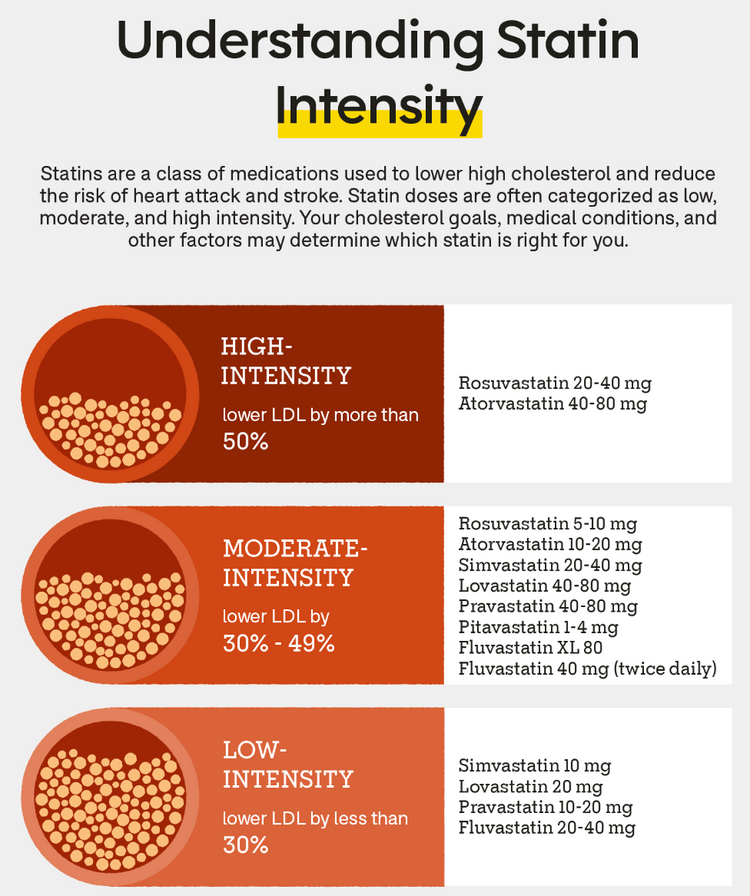


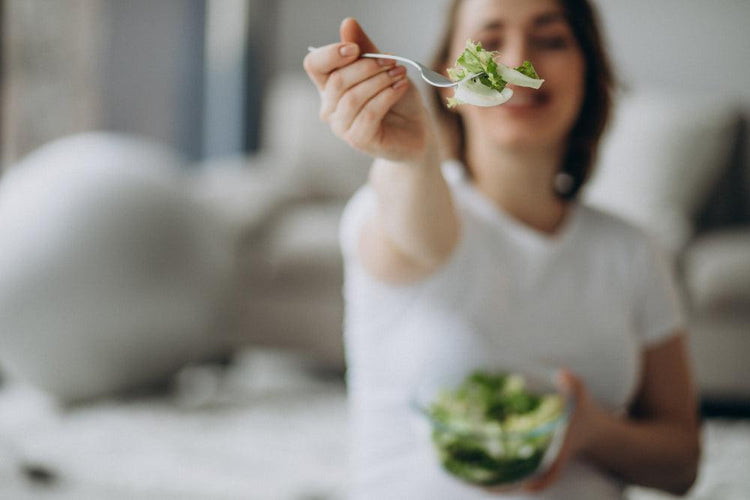
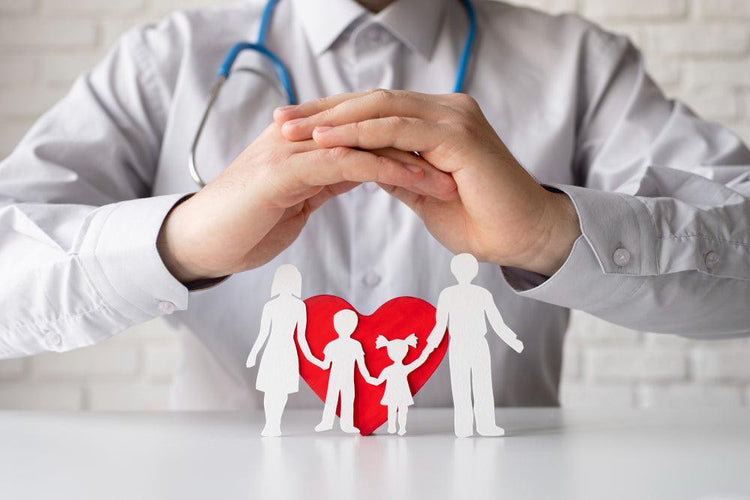

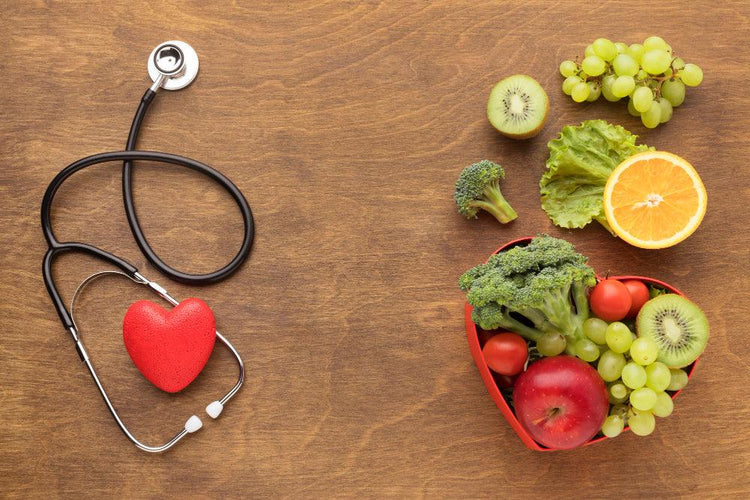
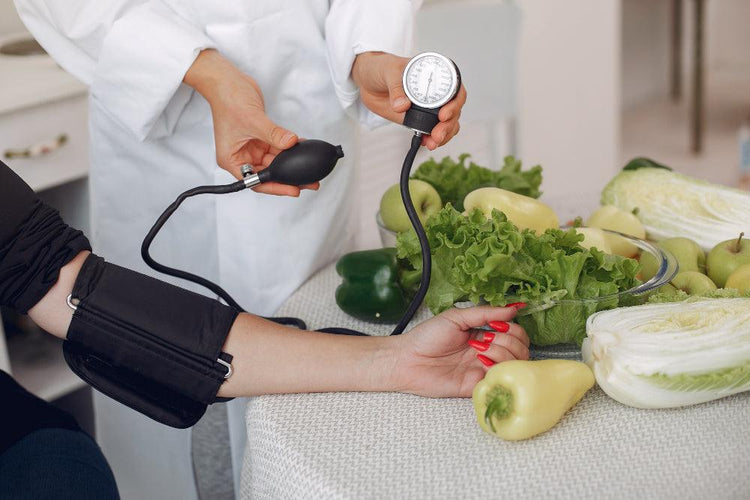

 Rated Excellent by 26,523+ Reviews
Rated Excellent by 26,523+ Reviews